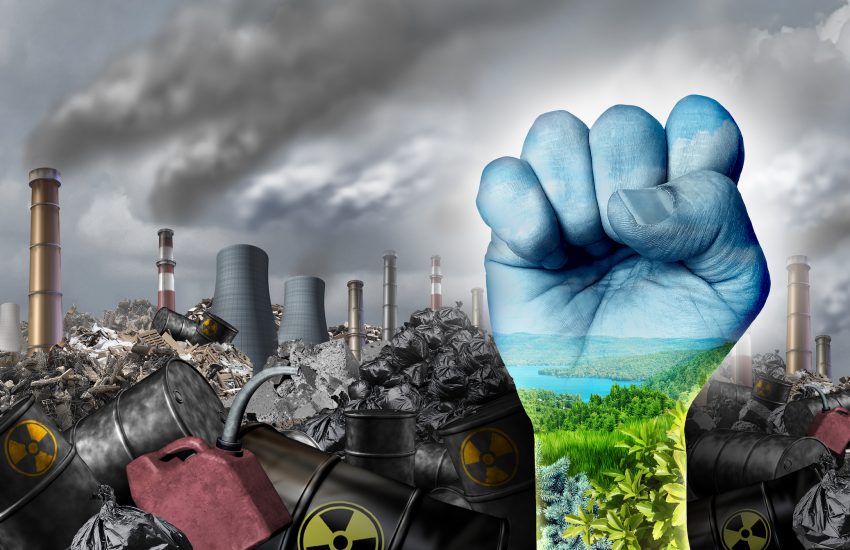On September 24, 2022, the Environmental Protection Agency announced the establishment of a new office dedicated to advancing civil rights and environmental justice. The Office of Environmental Justice and External Civil Rights (OEJECR) was created through the merger of three existing internal programs: the Office of Environmental Justice, the External Civil Rights Compliance Office, and the Conflict Prevention and Resolution Center. The OEJECR will oversee the delivery of over $3 billion in grants to assist communities that are adversely impacted by environmental challenges such as air, water and soil pollution. In addition, one of the stated purposes of the office is to enforce civil rights laws that prohibit discrimination on the basis of race, color, or national origin.
Environmental justice seeks to create the same degree of protection from environmental and health hazards among all communities – regardless of race, color, national origin or income status. The OEJECR is just one part of the federal government’s overall focus to create environmental justice, civil rights and equity at all levels of the government. The office will include over 200 employees and will be run by a senate-confirmed Assistant Administrator.
While the OEJECR is a new office within the EPA, the federal government’s use of civil rights laws to enforce environmental justice is not a brand new concept, although it has rarely been used in areas dealing with environmental laws. However, the EPA has recently announced that it is investigating an area in Louisiana that the locals call “cancer alley.” The residents who live in that area claim that alleged air pollution from local industries has caused cancer for many residents. The EPA’s focus in that investigation is to determine whether any of the Louisiana regulators are discriminating against people of color by failing to control air pollution; specifically, they want to determine whether local authorities violated Title VI of the Civil Rights Act of 1964. The EPA accepted three complaints from activist groups regarding Louisiana’s regulation of air emissions. These complaints involve alleged high levels of chloroprene in Reserve, Louisiana; air pollution in another area around Welcome, Louisiana; and the Louisiana Department of Environmental Quality’s granting of permits for new construction for more industrial facilities in this area. If the EPA determines that the local government agencies discriminated against certain communities through unequal enforcement of air pollution laws, it could either pull federal funds from these agencies or force the local governments to make changes in their practices.
Further, the EPA is not the only part of the government that is looking to the Civil Rights Act of 1964 to enforce environmental laws. Just last year, the Justice Department announced that it was opening its first investigation under Title VI into the practices of state and local officials in Alabama over wastewater problems. In July 2022, the Department of Justice also announced a Title VI investigation into the City of Houston, Texas. The investigation will determine whether the city’s responses to requests for municipal services – including in response to illegal dumping – discriminate against Black and Latino residents. Illegal dumping that is unaddressed can attract vermin that pose health risks, contaminate surface water, and make areas more susceptible to flooding. These investigations are part of the Justice Department’s Office of Environmental Justice, which was created in May 2022.
The creation of the OEJECR along with the Office of Environmental Justice should enable more communities to live in areas free from disproportionate amounts of pollution and the related health effects. The power of enforcement rests with the ability of these offices to stop federal funds from going to agencies that do not enforce their own policies in a non-discriminatory way.

